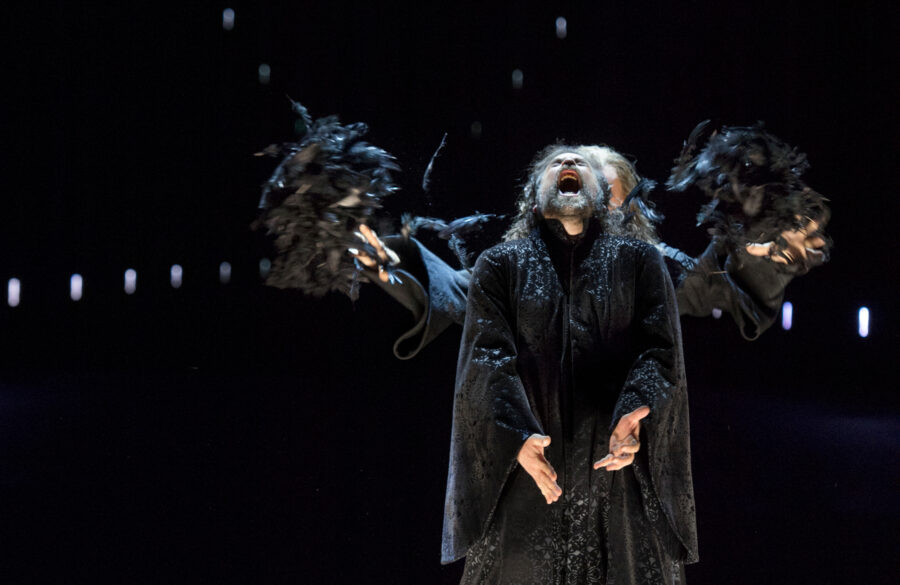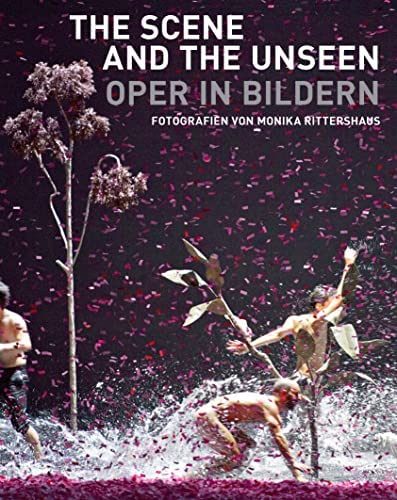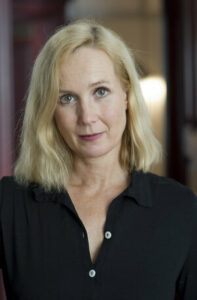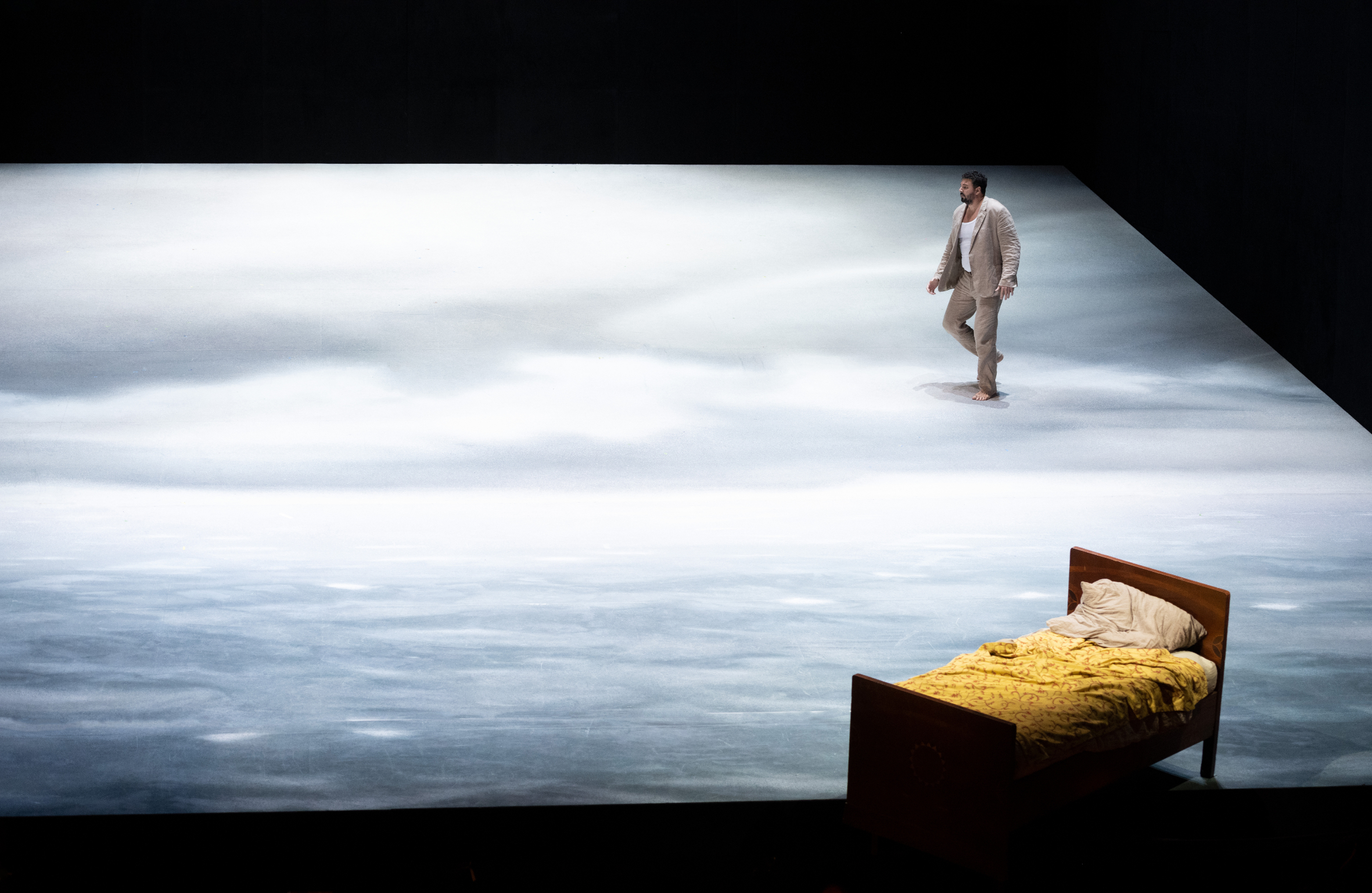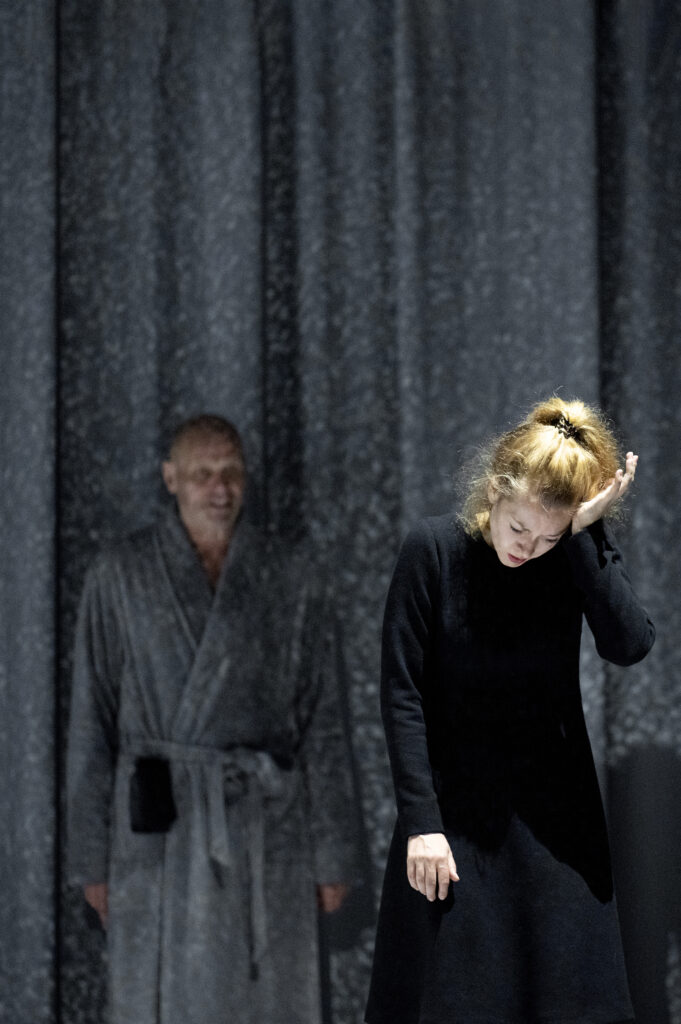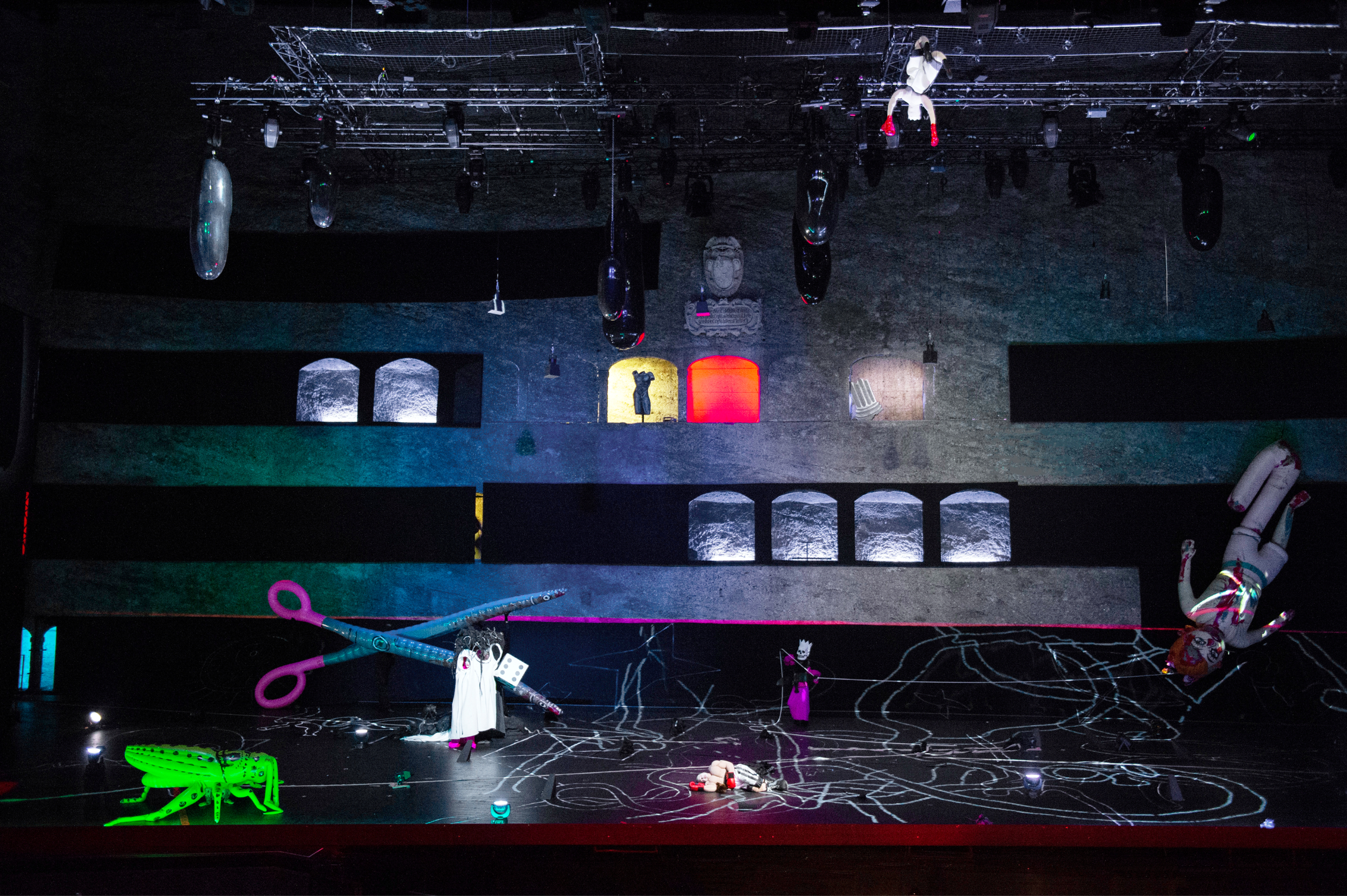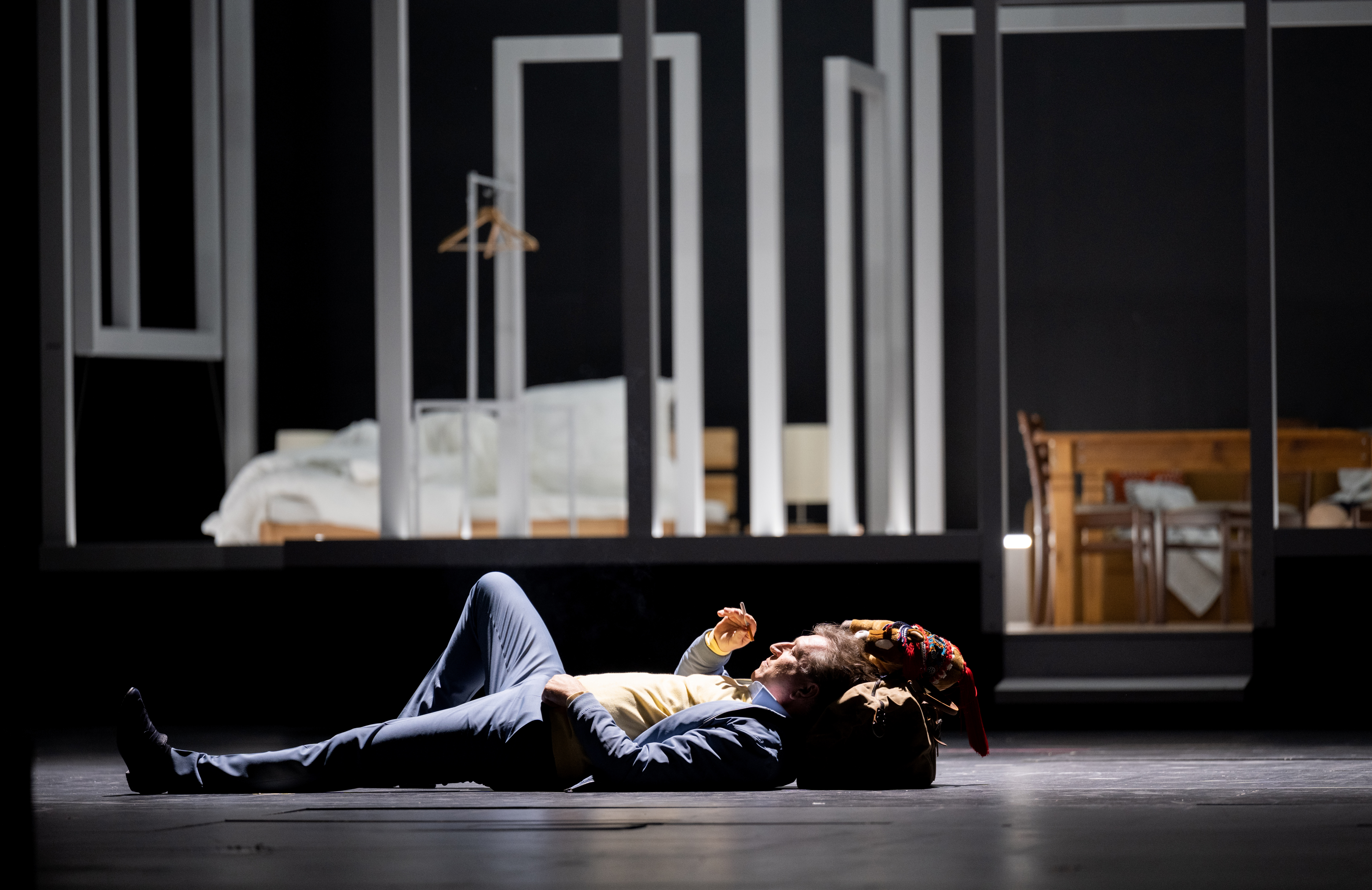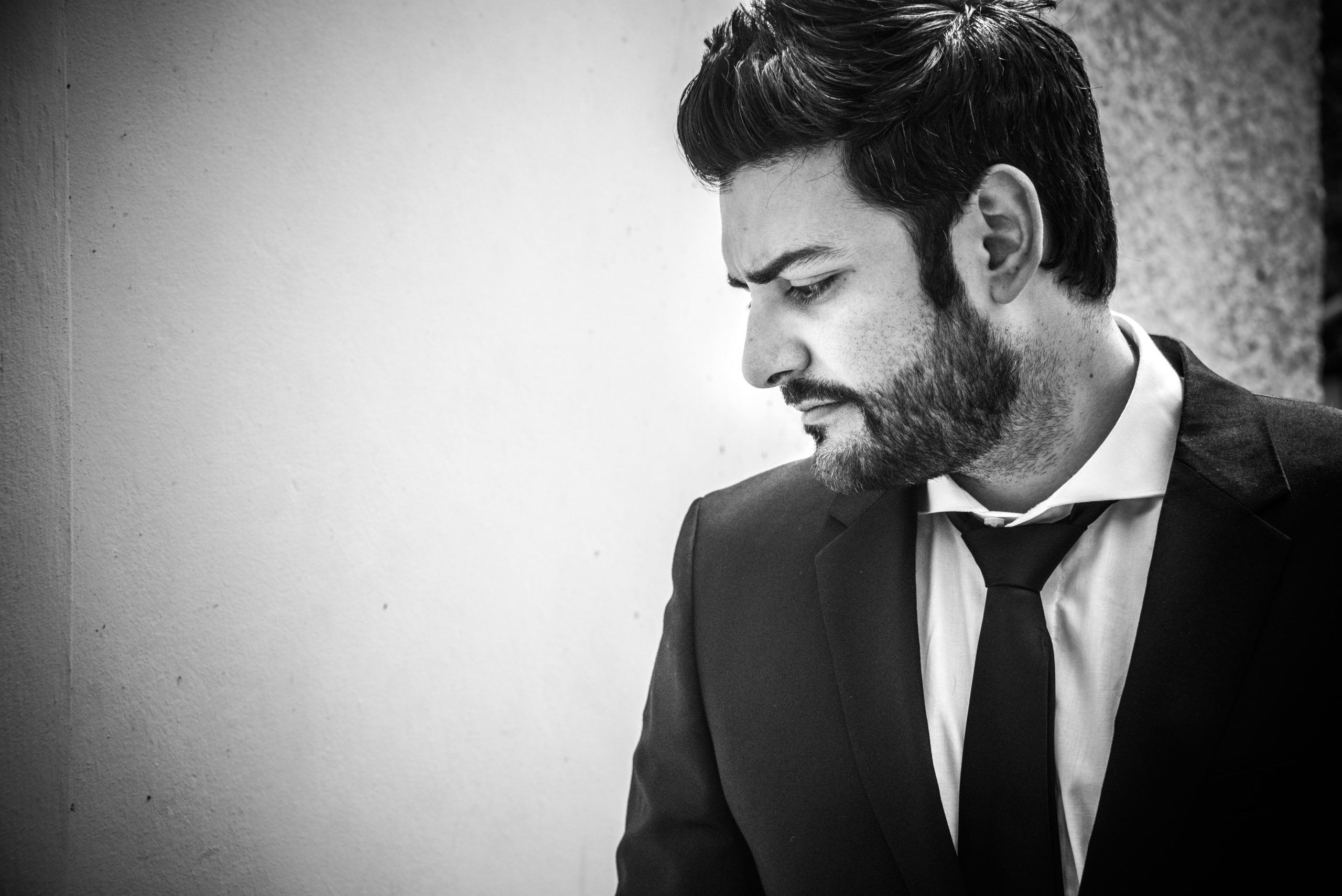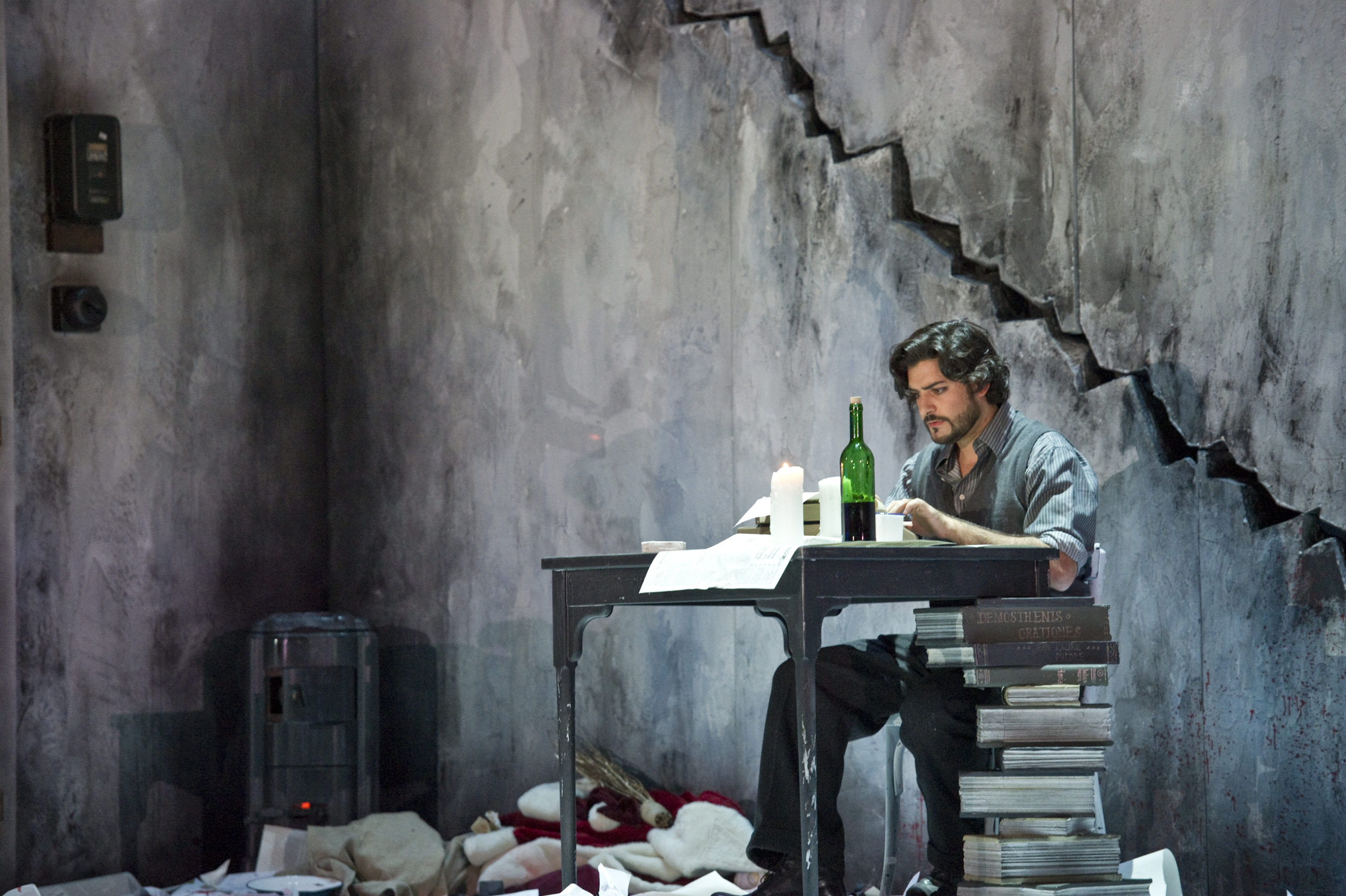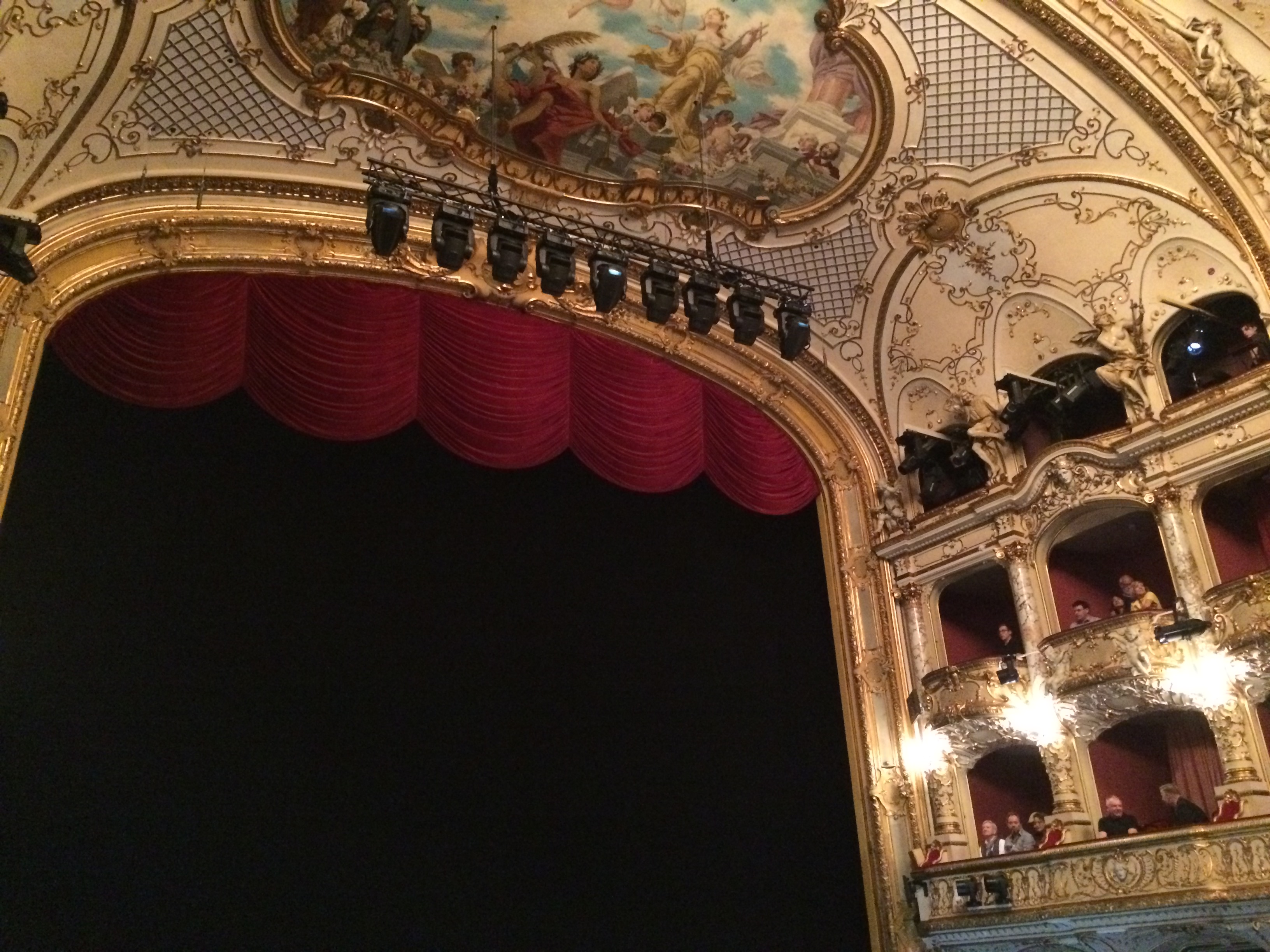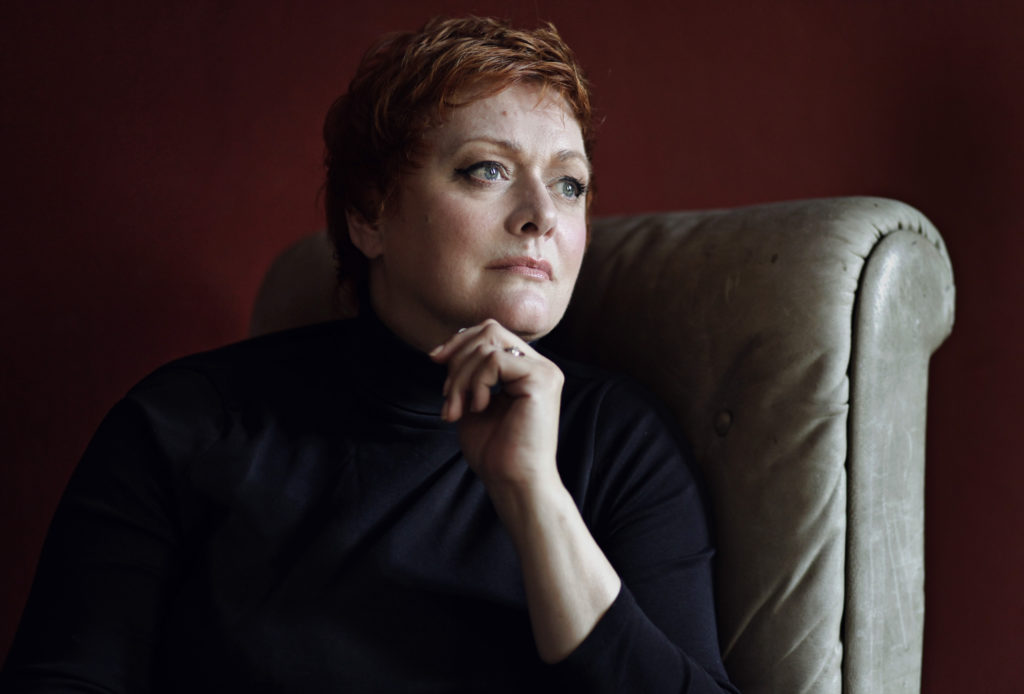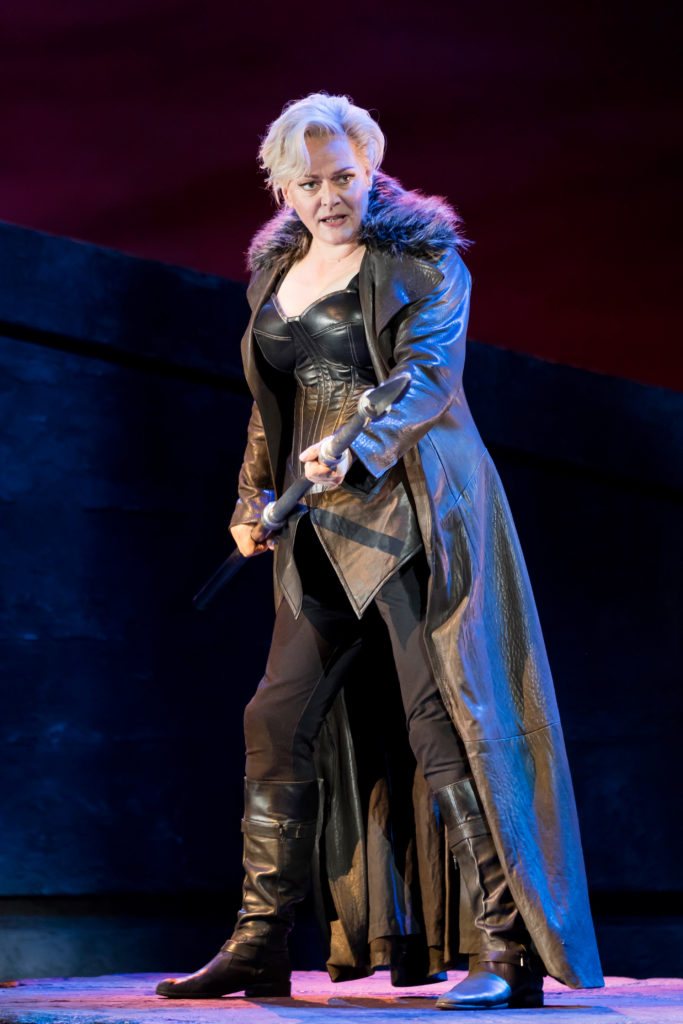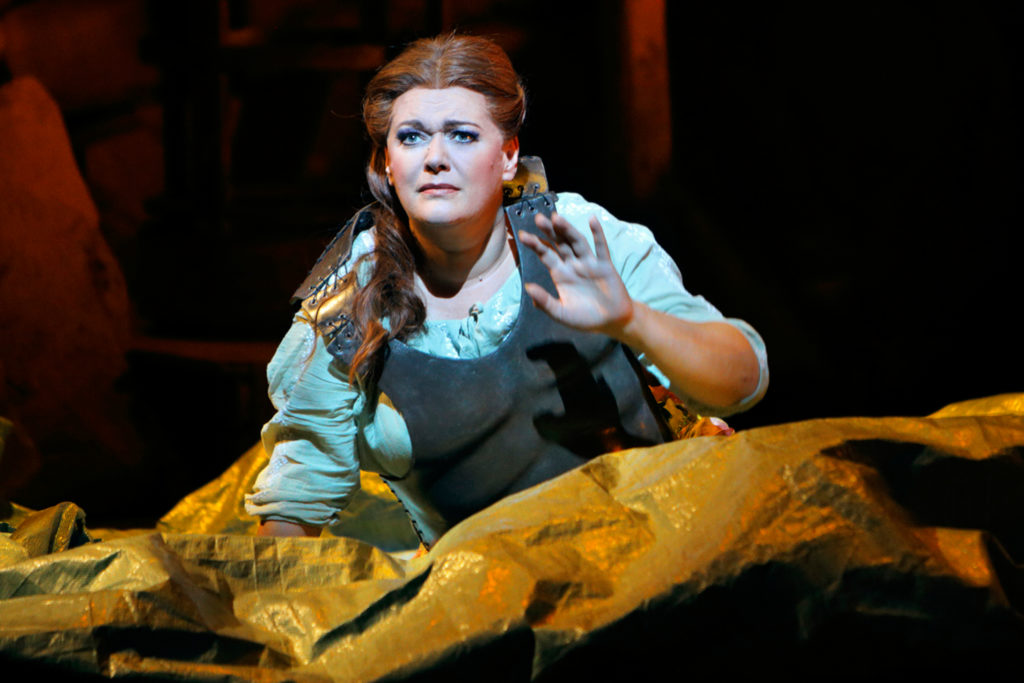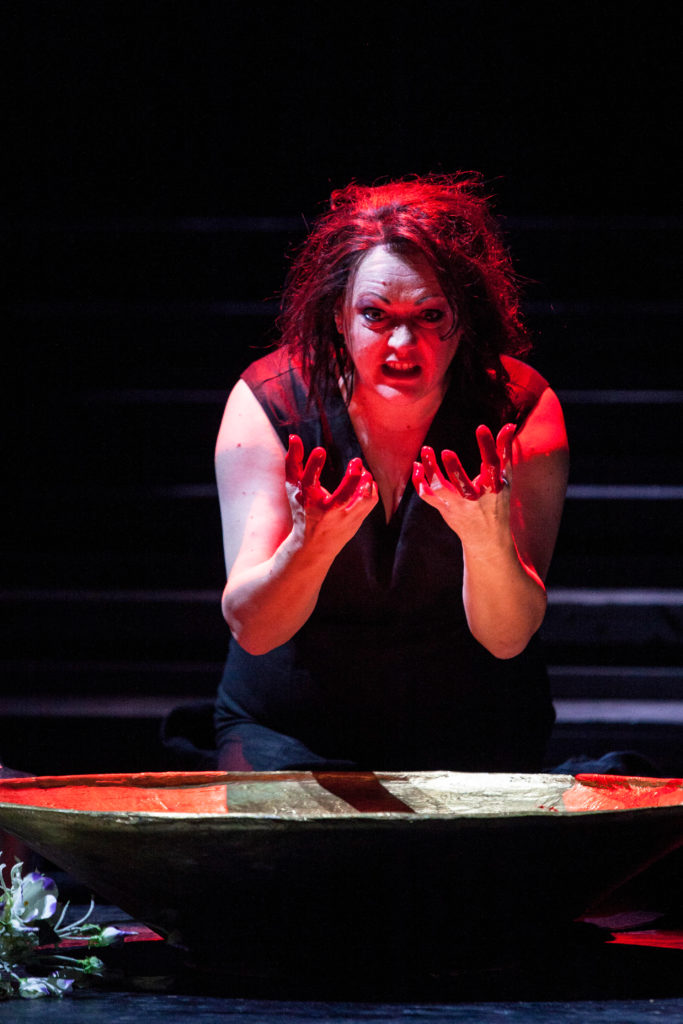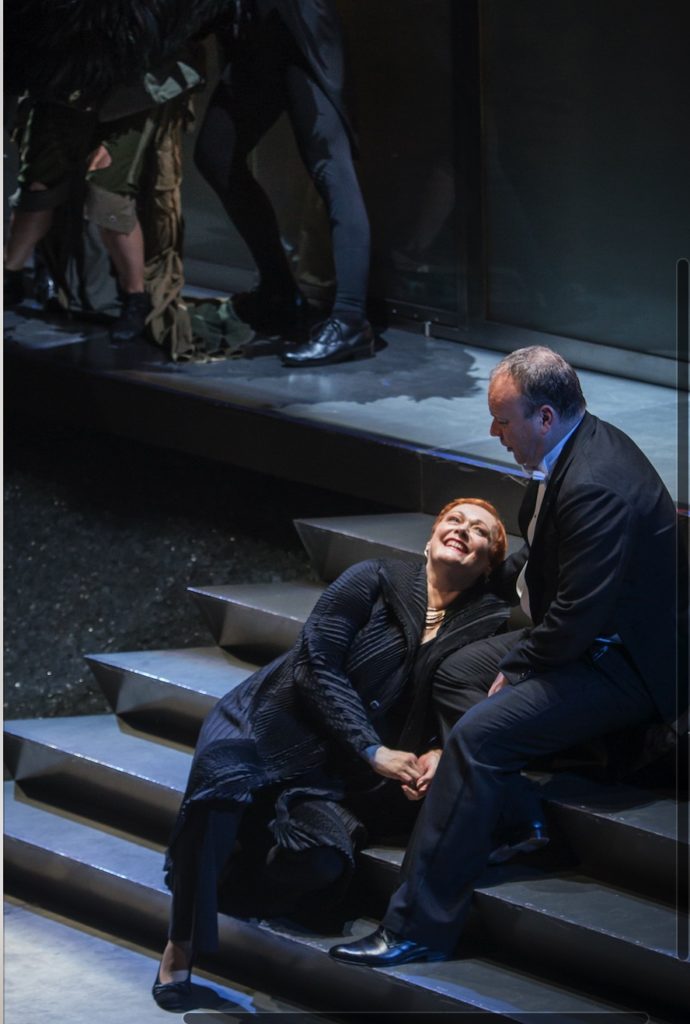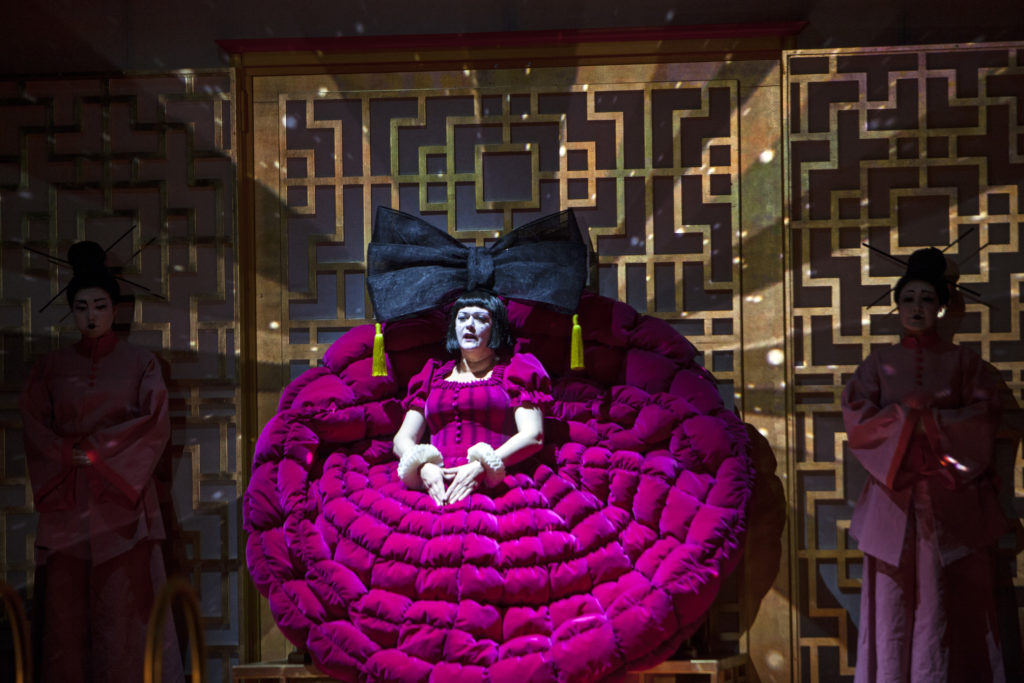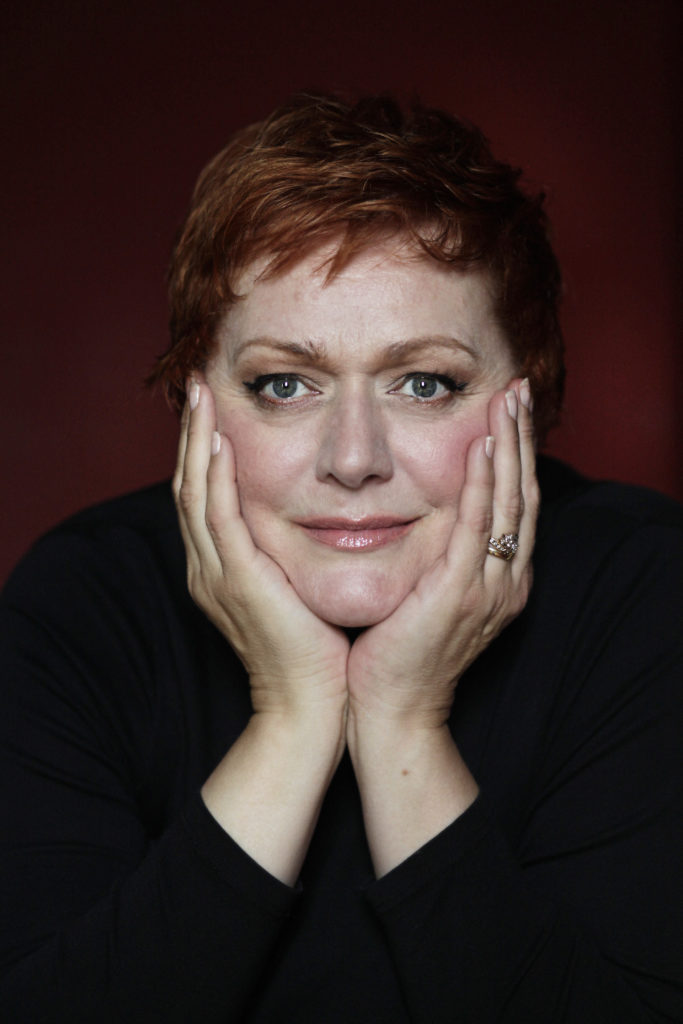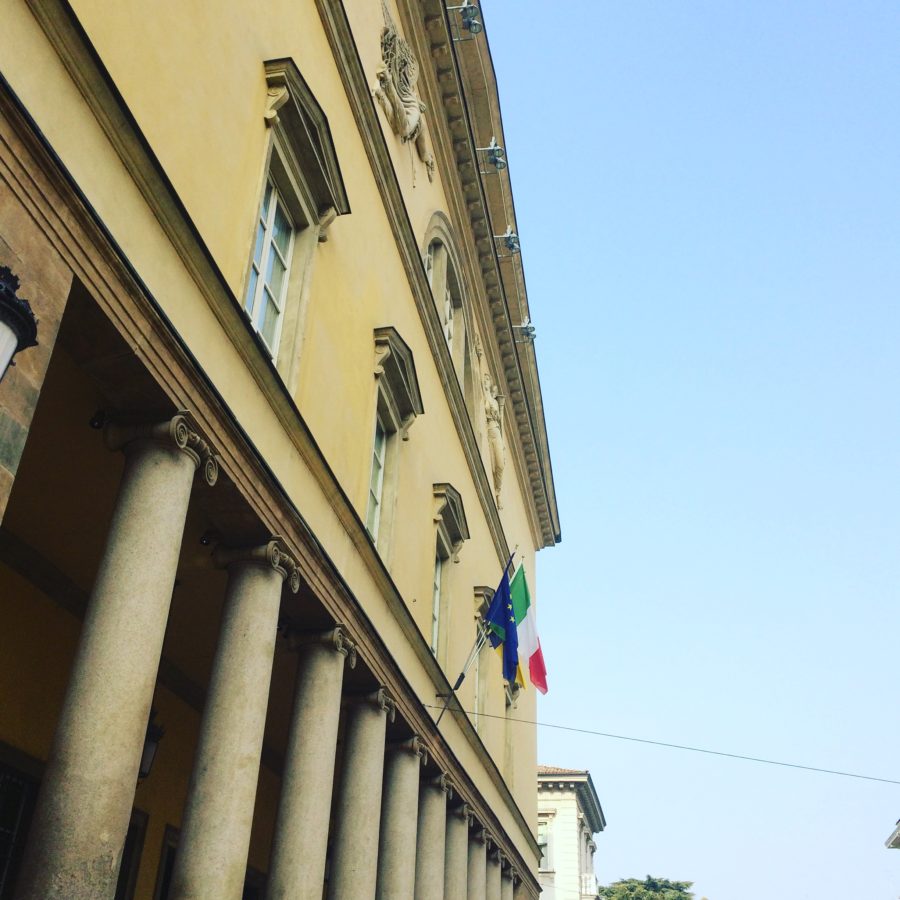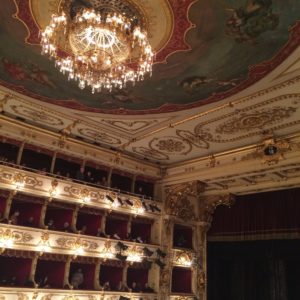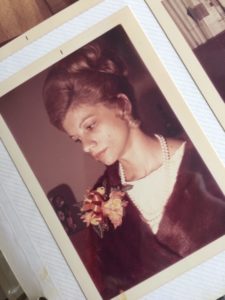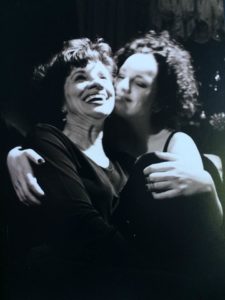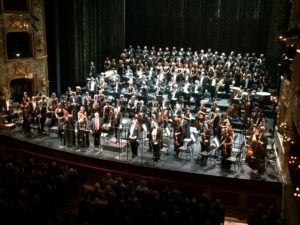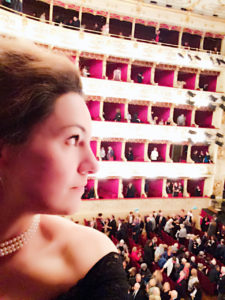August is a month of abundance, but also, at least in the Northern Hemisphere, a time of acknowledging the inevitability of endings, and preparing for the uncertainty of new beginnings. A distinctly Augustian mix occurred within the opera world this year: many premieres, and many conclusions.
The end of June saw an announcement from Tulsa Opera of the cancellation of its two mainstage productions for the 2023-2024 season, and the resignation of its General Director. Earlier this week The Metropolitan Opera Guild announced it will be streamlining operations; its educational initiatives (which include programs allowing roughly 12,000 students to attend dress rehearsals every season) will fall under the auspices of The Met itself. Related publication Opera News, which had been a monthly glossy since 2008 and had a circulation of 43,000 (I was an occasional freelance contributor) will be incorporated into British magazine Opera following its final print edition in November. In related news, Takt1, the Dortmund-based classical streaming portal who operate in cooperation with a number of classical organizations (including the London Symphony Orchestra, the Gewandhausorchester and the Wiener Konzerthaus), announced that as of September 1, 2023, they will be discontinuing their subscription platform.
I have lately been asked for my opinion about this spate of bad news, with many making those requests quite aware of what I’ll say: education; media; resources; will. The long-term solutions related to social policy usually require a resilience which is anathema to the ROI and sexy (if very easy to fake) analytics espoused within digital circles and by their (mysteriously) heralded personalities. There is no guaranteed Land of Oz at the end of the rainbow – that isn’t how opera (or culture, or investment in culture, cultural education, and a broader non-utilitarian approach to learning) works, least of all in a capitalist-led consumer culture where generous government support for either arts or education is nearly non-existent. Opera is also an expensive art form with a (mostly, not entirely) limited appeal; its cost means that long-term investment in the things that make it actually work are unsettling for any organization (public or private) to support, and triply so when that art form is not, as in some locales, embedded within socio-cultural norms and traditions, and sewn into the daily fabric of living, learning, and regular live-experiencing – at cheap prices, in casual wear, outside or in large halls at that.
There has been a lot of bad news, but a lot of inspiring work as well. Rather than contradiction, I do see balance –however tenuous it may be – in the form of bold programming, choices from which I hope some organizations will draw inspiration. Of course there are vast differences between the North American and European classical worlds (it is a topic I have explored more than once) but there are ideas related to education, access, and awareness which cross borders and demand non-nationalistic airtime. In her final column for Takt1, music writer Charlotte Gardner notes that ever-entrenching perceptions of classical (along the lines of: it’s fancy-irrelevant-elitist) are being exacerbated “by classical music getting less and less print space and airtime from our national journalism providers. Essentially, classical music is currently engaged in an almighty fight for “establishment” acceptance (the irony…), and it doesn’t look as though it’s going to be over any time soon.” That goes triple for North America; anyone in the arts who has studied and contemplated the precipitous drops in education and media funding (i.e. me; I work in both) couldn’t have been terribly surprised by the Opera News update. Terrible, yes, and terribly inevitable, given the state of… everything. Thankfully, Gardner pinpoints the needed hope: “(I)f you talk about classical music with love, knowledge, and a clear desire to communicate, and if you offer a variety of formats in which to experience it, you will earn respect and curiosity, and people will give you a go.”
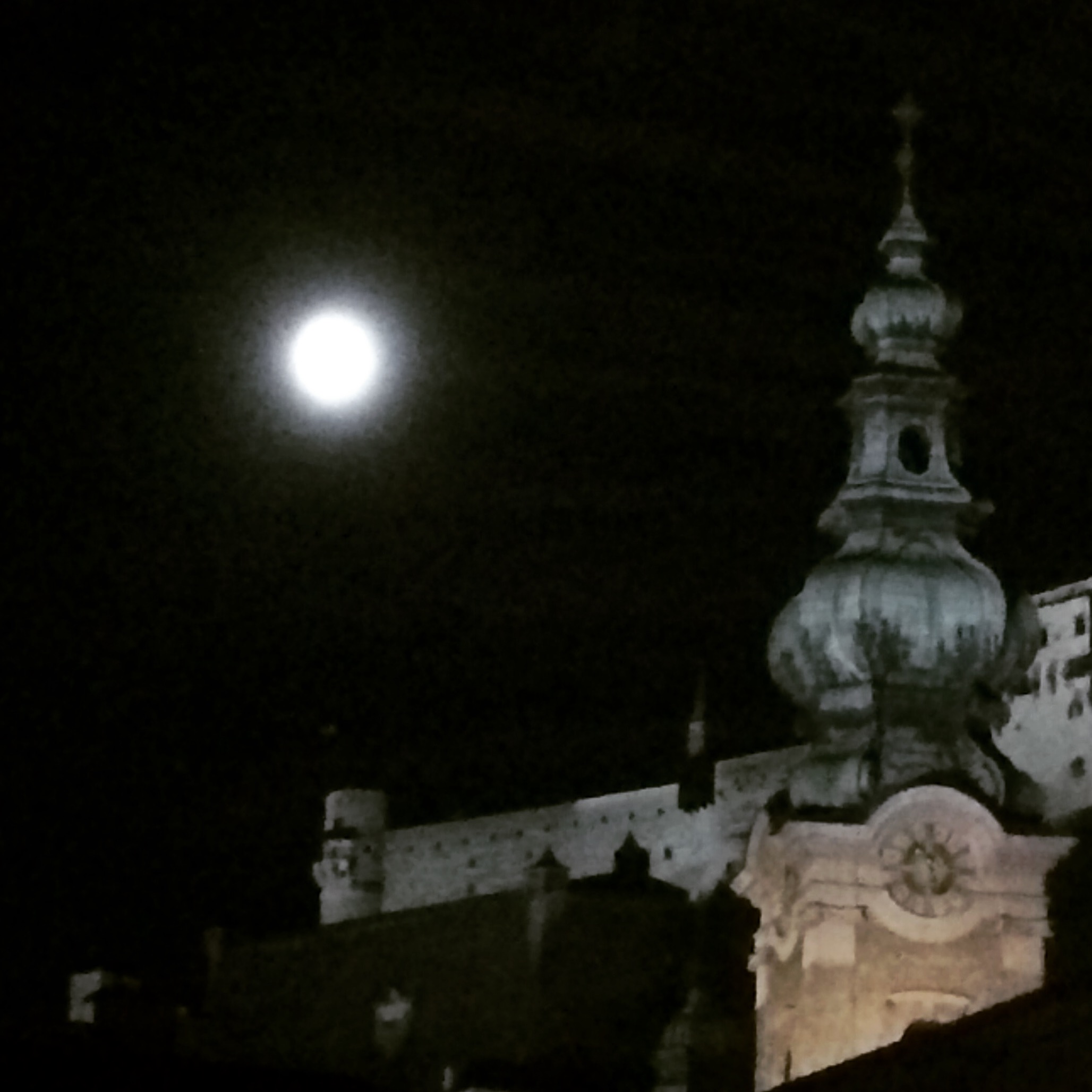
Moon over Salzburg. (Photo: mine; please obtain written permission for reuse.)
And so in that spirit: I will try to continue to communicate my own love of the classical world as best I can at this website, for as long as I am able, and sharing a variety of formats in which to experience it. One thing which is relevant to this, and inseparable from my own love of the art form really, is the role of new (or more precisely, newish) things. The role of new work within the classical ecosystem is paramount; it is a truth, if not quite universally acknowledged, then perhaps on its way to a wider embrace. The first Salzburg Festival presentation of Bohuslav Martinů’s 1957 opera The Greek Passion happened last Sunday (13 August). A new production helmed by Simon Stone featured a host of vocal talent (Sebastian Kohlhepp, Sara Jakubiak, Gábor Bretz) under the baton of Maxime Pascal. Based on the 1954 novel Christ Recrucified by Nikos Kazantzakis, The Greek Passion is, as Opera North described it in their own 2019 production, “a passion play within a passion play” and concerns a group of villagers suddenly faced with taking in a group of refugees – or not. In his review for Merkur Online, critic Markus Thiel described the production as “Eine knapp zweistündige Gratwanderung ist das zwischen realer Brutalität und surrealem Spiel” (“This is a tightrope walk of almost two hours between real brutality and surreal play.”) Medici.tv will broadcast the The Greek Passion from Salzburg this Wednesday (22 August) at 8pm CET / 2pm EST.
The British premiere of György Kurtág’s’s Fin de partie also took place this week in London, with Ryan Wigglesworth conducting a razor-responsive BBC Scottish Symphony Orchestra at Royal Albert Hall, part of this year’s edition of the BBC Proms. The opera, based on Samuel Beckett’s surreal 1957 comically macabre play Endgame, opened in 2018 at Teatro alla Scala, and has been presented in Amsterdam and Paris. As The Guardian‘s Tim Ashley wisely noted in his recent review, “This is not, in essence, the bleak comedy we often find, but a work of pervasive sadness that continues to haunt us after its final notes have died away.” I found myself contemplating that sadness (so much my habit lately) at the opera’s close when the words of Brindley Sherratt came floating to mind; I had interviewed the bass together with tenor John Daszak in autumn 2020, when the pair were in a high-tech production of Boris Godunov in Zurich. Sherratt had said at one point, amidst pandemic bleakness, that “you want to shout, ‘Opera’s not dead!’” Kurtág’s opera is a brilliant and very needed reminder of just that sentiment at this time and place in classical history. BBC Sounds features the Proms performance until 9 October.
A fascinating Q&A with acclaimed psychotherapist Esther Perel at Vanity Fair (published at the end of June) has implications relevant to the classical industry and its current challenges. Perel says that owing to the widespread mainstreaming of the language of psychotherapy and its concomitant divorce from contextualized study and practice, there has occurred a distinct shift from “we” to “me”, a trend only exacerbated by echo chamber-like nature of social media. Added to this, she says, is self-diagnosis and related self-labelling:
[…] On one hand, there is an importance in gaining clarity when you name certain things. On the other hand, there is a danger that you lose all nuance, that you’re basically trying to elevate your personal comments and personal experience by invoking the higher authority of psychobabble. What you call therapy-speak, we used to call psychobabble—it’s a new word for an old concept.
In the past, you could have said, “I think this, and so does the rest of the community.” So does the family, so does the church. Today you say, “I think this, and so does the DSM-5.” I don’t like what you do, so I say you’re gaslighting me. You have a different opinion, and I bring in a term that makes it impossible for you to even enter into a conversation with me. Labeling enables me to not have to deal with you.
But in the end, it creates more and more isolation and fragmentation. That is not necessarily a good thing for the community and for the social good. (Vanity Fair, June 26, 2023)
Fragmentation is something I think many classical programmers are contemplating, along with notions around language and the perceived impenetrability (for Anglophone audiences) of anything that isn’t in English. Interviewer Delia Cai asks the multilingual Perel about working in English. “Every language makes you think differently,” she says, citing the myriad of words and phrases for “friend” in French. Experiencing the nuanced realities within those different languages allows for different understandings – of self, relationships, and community.
Opera has a concentration of Eurocentric languages indeed, but that doesn’t close the possibility of enjoying it in a host of other languages, so long as the will exists, and the funding to match it. Canadian company Against the Grain exercised that will with a very unique vision of Handel’s famous Messiah in 2020, directed by Joel Ivany. Called Messiah/Complex, a project was sung in Arabic, Dene, English, French, Inuktitut, and Southern Tutchone. There is possibility to expand horizons, but the will has to exist before any click-friendly digital strategizing – not the other way around. Perel’s final thought speaks to just this: “Expertise has very little to do with experience sometimes, and a lot to do with marketing. That’s capitalism with therapy-speak combined.” Or in this case, opera-speak. Ay, there’s the rub.
Finally: Renata Scotto never held back her passions – or her intelligence, wit, studiousness, and deep understanding of the art form. The soprano passed away earlier this week at the age of 89.
Her influence as much as her ideas and glorious recordings live on, and it’s been heartening to re-experience her work across so many media– at such moments the internet is a blessing. The above clip, from a 1980 television special (I have foggy memories of watching this as a small child), is a perfect demonstration of what made Scotto so special: the control; the drama; the attention to detail… magic. Since the announcement of her passing there have been outpourings of tributes by colleagues who worked with her as well as those she taught and mentored. Her influence across generations was (is) immense, her passion as palpable off the stage as much as on it. In a 2017 interview with Classic Talk TV the soprano discusses her training and the relationship between composer and libretto, and also shares her suspicions around contemporary opera-business casting practises:
Today they look at the figure – it’s how you look. I don’t like that, because it’s not the looking, it’s what you give me. You communicate with your body to me, and not, ‘You have a beautiful face, you’re tall, you’re slender’ […] This is not the way to begin. (Classic Talk: Renata Scotto Part 1, February 24, 2017)
Vocal talent does have to be extant in the first place, she explains, but once that talent is acknowledged, it must be shaped: “I’m not interested in a big voice, I’m interested in a beautiful sound that gives some special colour.” That notion of vocal colour in the opera world is highly overused but re-listening to so much of Scotto’s work this week was a good reminder of its essence. Scotto’s artistic approach, combined with her sharp-eyed observations, speak firmly to the present, and help give shape to an abundance which can hopefully be part of opera’s future.
A quick reminder: my interview with Bayerische Staatsoper Recordings Managing Director Guido Gärtner is posting soon. For now, here’s to the end of almost-end of August, and to endings, beginnings, and whatever possible abundance might be in store. Opera is not dead – but does require and demand will, a commitment to education, media resources, money (as ever), and many breaths of fresh air. Let’s hope for a cool breeze or two as autumn draws closer.


